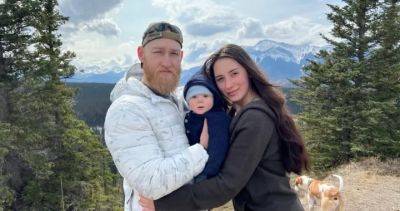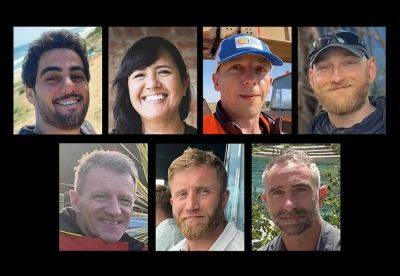U.S. ‘Havana syndrome’ reports raise concerns, Canadian diplomats’ lawyer says
A lawyer for Canadian diplomats suing the federal government over what’s become known as “Havana syndrome” is criticizing a report about the matter from a major American health institute.
A report from the U.S. National Institutes of Health, a collection of leading American research centres, concluded “there was no significant differences between individuals reporting (Havana syndrome symptoms) and matched control participants” in most measures “except for objective and self-reported symptoms like balance, fatigue and post-traumatic stress,” among other issues.
Paul Miller, who represents diplomats alleging in the lawsuit that they suffered concussion-like symptoms during service at the Canadian Embassy in Havana, Cuba, said the report has a number of failings.
“If a diplomat or a family member is impacted by something that happens, the Canadian government has to stop relying upon a broken worker’s compensation system and actually step up and provide the treatment,” Miller told Global News.
He said the study took place too long after diplomatic staff and family members reported the onset of symptoms, that examining patients beyond Cuba did not give accurate findings on those who say they began experiencing symptoms in Havana and that the report did not have data on the affected people’s physical baselines before they began experiencing the symptoms.
“(Their symptoms) may not be as severe now,” he said, “but it’s still there.”
Another study, also published on Monday, found no significant differences in MRI brain scans between those who reported being affected with “Anomalous Health Incidents” (or AHIs, the term often used in medical exams and studies related to reports of Havana syndrome) and a group of people also tested who







